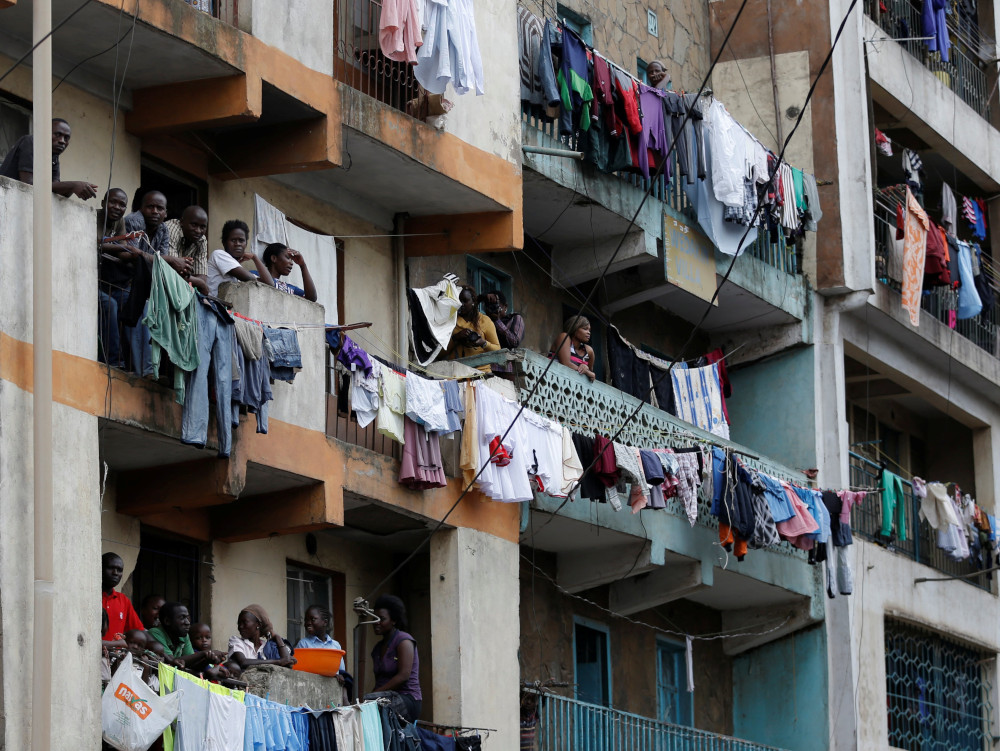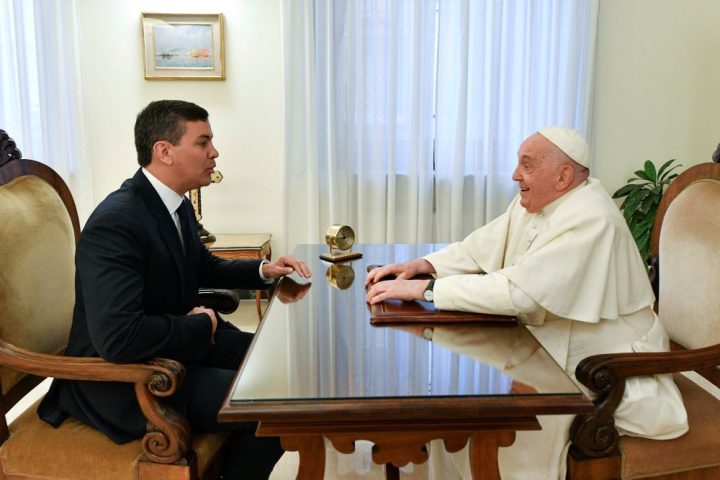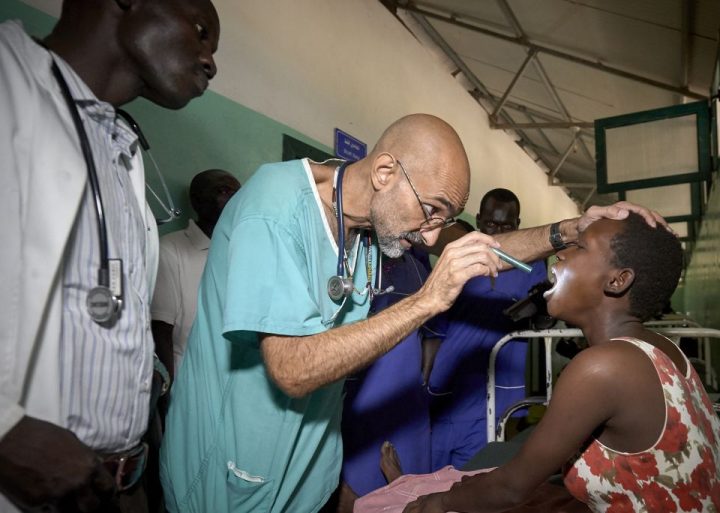
Ahead of major meetings of world leaders in September, such as the Africa Climate Summit, the G20 New Delhi Summit and the 78th session of the U.N. General Assembly, Catholic bishops and faith leaders in Africa are calling for debt relief for the continent to give Africa a « life line » to escape the multiple crises plaguing its population.
Amid discontent linked to the rising cost of food and living and growing inflation in Africa, economic burdens have been frustrating development, swelling poverty, and triggering conflicts and protests in some of the countries, according to the leaders.
The keyword for them to fix many pressing needs of African people is debt, or rather its reduction.
External debt in Africa stands at a total of $1.1 trillion, with 25 of the countries hard hit by serious debt crises. « External debt » is the portion of a country’s debt borrowed from foreign lenders, including commercial banks, governments or international financial institutions.
African countries have been borrowing to finance their national budgets (debt financing) but have been incurring an exorbitant interest rate in the process of repayment, frustrating their efforts to achieve the global sustainable development goals and climate goals, according to faith leaders.
The leaders are confident that debt reduction would come as a relief and benefit millions of ordinary people.
« We reassert that … the unified voice of African faith leaders emerges with unwavering clarity and determination, » said Bishop John Obala Owaa of Ngong as he read the leaders’ statement Aug. 8, a document that pointed out « how Africa can emerge better from today’s multiple crises. »
« Our respective Holy Scriptures emphasize the pursuit of justice, guiding us in our actions and decisions, » the bishop said on behalf of Christians, Muslims and members of African traditional religions participating in the Nairobi meeting.
« We urge the establishment of a debt reduction process that allows borrowers to quickly reduce debt payments to protect crucial development and climate investments, » the leaders stated.
Hosted by Caritas Africa, Jesuit Justice and Ecology Network and the Jubilee USA Network, interfaith leaders gathered at the Elysian Resort in Nairobi Aug. 6-9 to discuss achieving sustainable development and support Africa’s recovery.
The leaders stressed that right now most African countries are emerging from the devastating impact of the COVID-19 pandemic. Their food systems have been disrupted by droughts linked to climate change, armed conflicts and more recently the war in Ukraine, which has destabilized food imports supply chains.
« Given that over 45% of Africa’s debt is held by private creditors, financial centers governing these contracts must pass laws ensuring these creditors participate in debt relief, » said Owaa.
In the 1990s, faith leaders were among those who lined up in the Jubilee Movement to push for « breaking the chains of debt » in developing countries, the leaders recalled, but they also are worried that after more than 30 years, the debt crisis had only intensified.
In 2005, a push by the Jubilee 2000, a movement in over 40 countries that called for debt cancellation in poor countries, resulted in a debt cancellation agreement made in London by the finance ministers from the Group of 7 to cancel $130 billion of debt for 36 countries, most recently Chad in May 2015. The G7 countries are Canada, France, Germany, Italy, Japan, the United Kingdom and the United States; additionally, the European Union is a « non-enumerated member. »
The cancellation was met with celebrations and resulted in poverty reduction in the African countries, but the faith leaders argue that the « crippling burden of unsustainable debts persists » in the countries, since the challenges of international and domestic finance systems have not been addressed.
« As we approach a new Jubilee year in 2025, that promise remains unfulfilled, » said Owaa, adding that « the stakes of this debt crisis are much higher than before the last Jubilee year. … We need large investments to save the planet that sustains life in Africa and elsewhere, during a window that is rapidly closing. »
According to analysts, in 2020, when the COVID-19 pandemic struck, it reduced economic activities while increasing government spending. This also slowed down the governments’ investments in key areas such as education, health and infrastructure, as it also worsened the debt burden.
« One way to support African countries is to provide debt relief, grants, and concessional loans. This would help to ease the debt burden and enable African countries to invest in critical areas such as health care, education, and infrastructure development, » Fr. Charles Chilufya, a priest working with the Jesuit Conference of Africa and Madagascar as the director of the Justice and Ecology Office, told the annual spring meetings of the Boards of Governors of the World Bank Group and the IMF in April.
« Additionally, addressing the root causes of the debt crisis, such as the unfair global financial architecture, corruption and weak governance, will be crucial in preventing a recurrence of the crisis, » Chilufya added.
At the same time, the faith leaders warn that corruption within the African countries’ governments, leading to misuse of funds, has been exacerbating the debt crisis.
« To avert recurring debt cycles, we, the faith leaders, urge countries to adopt laws and practices that advocate responsible lending and borrowing, » Owaa said.
The leaders are preparing to ask the heads of states and finance ministers attending key international meetings in September and the World Bank and IMF annual meetings in Marrakesh, Morocco, in October to take actions that can help Africa tackle its crises.
But they also want the African governments to take action on corruption and theft of public funds so that public finances can be used to address the needs of citizens.


